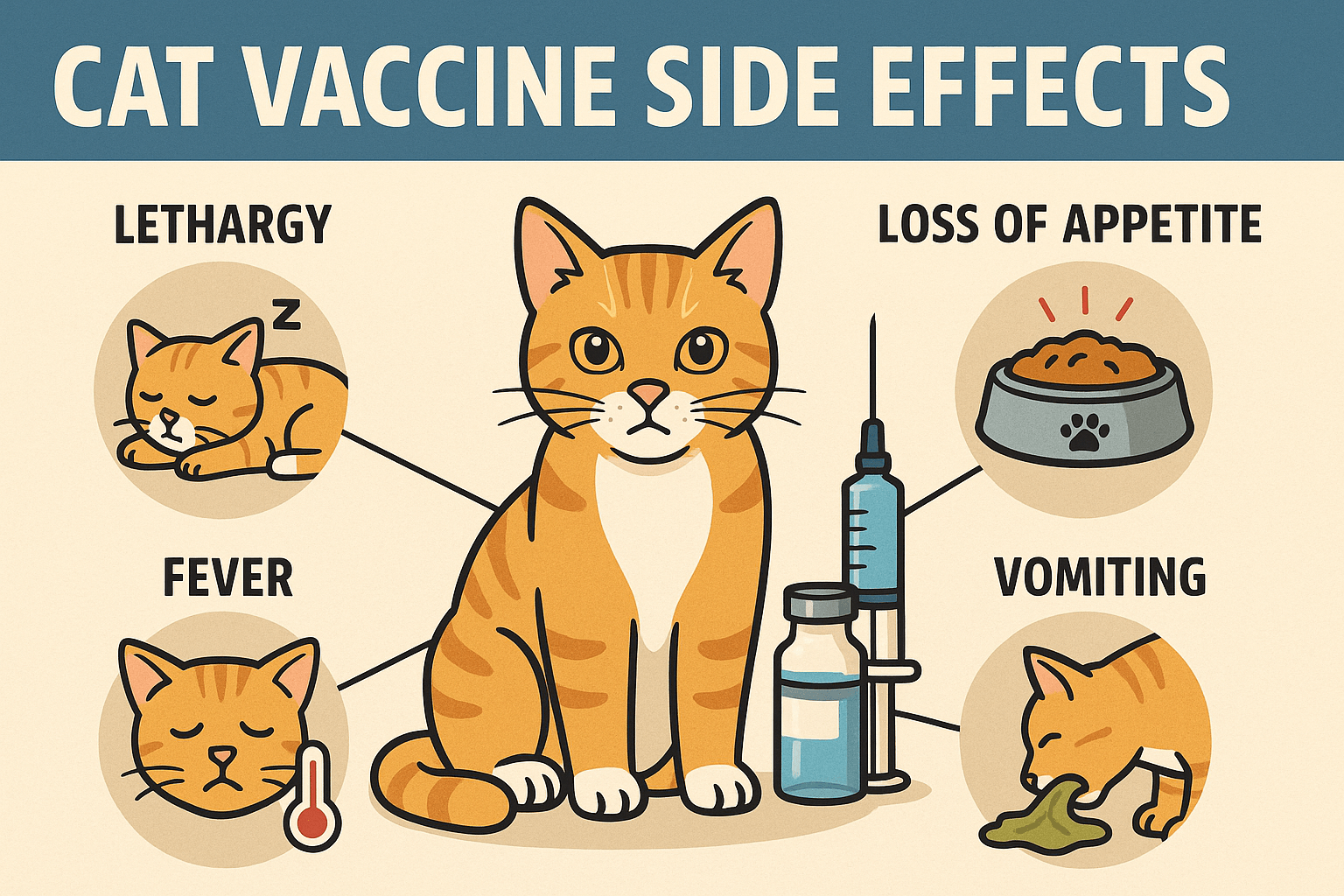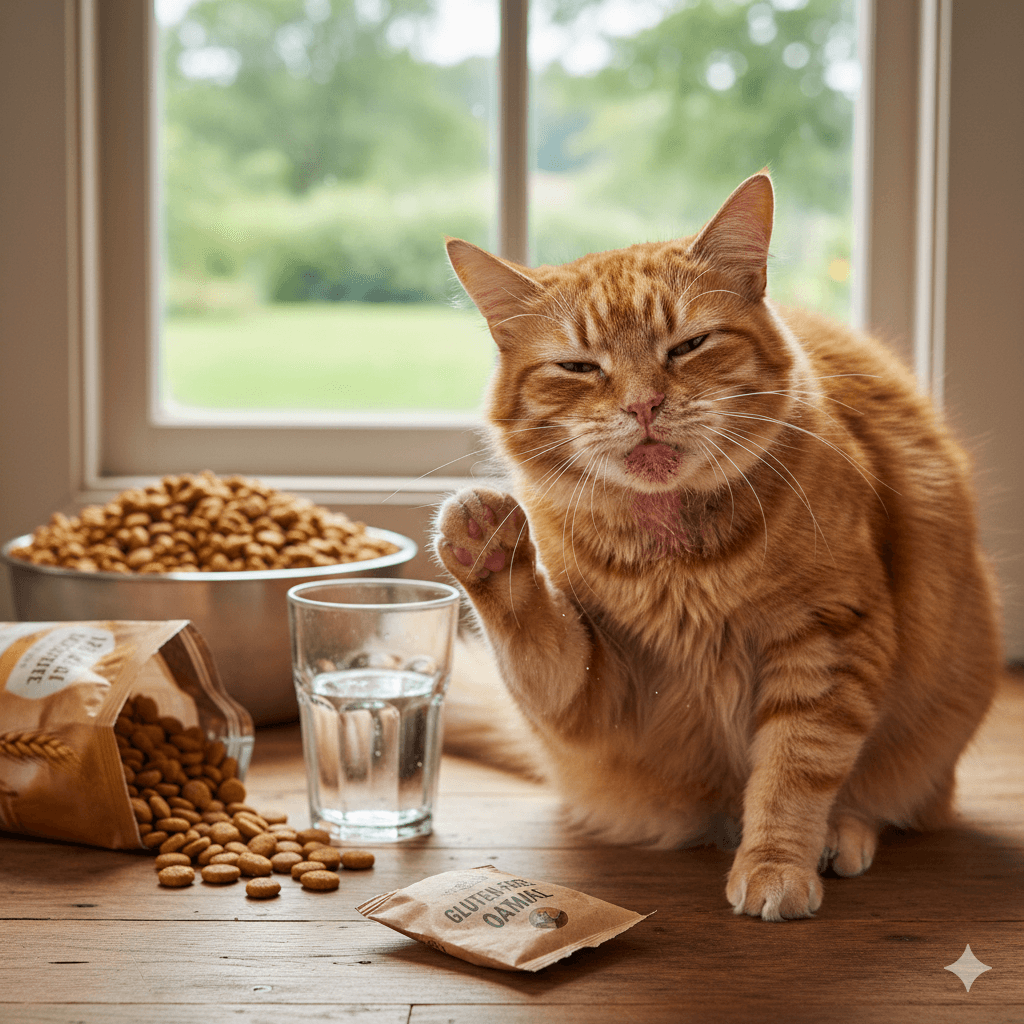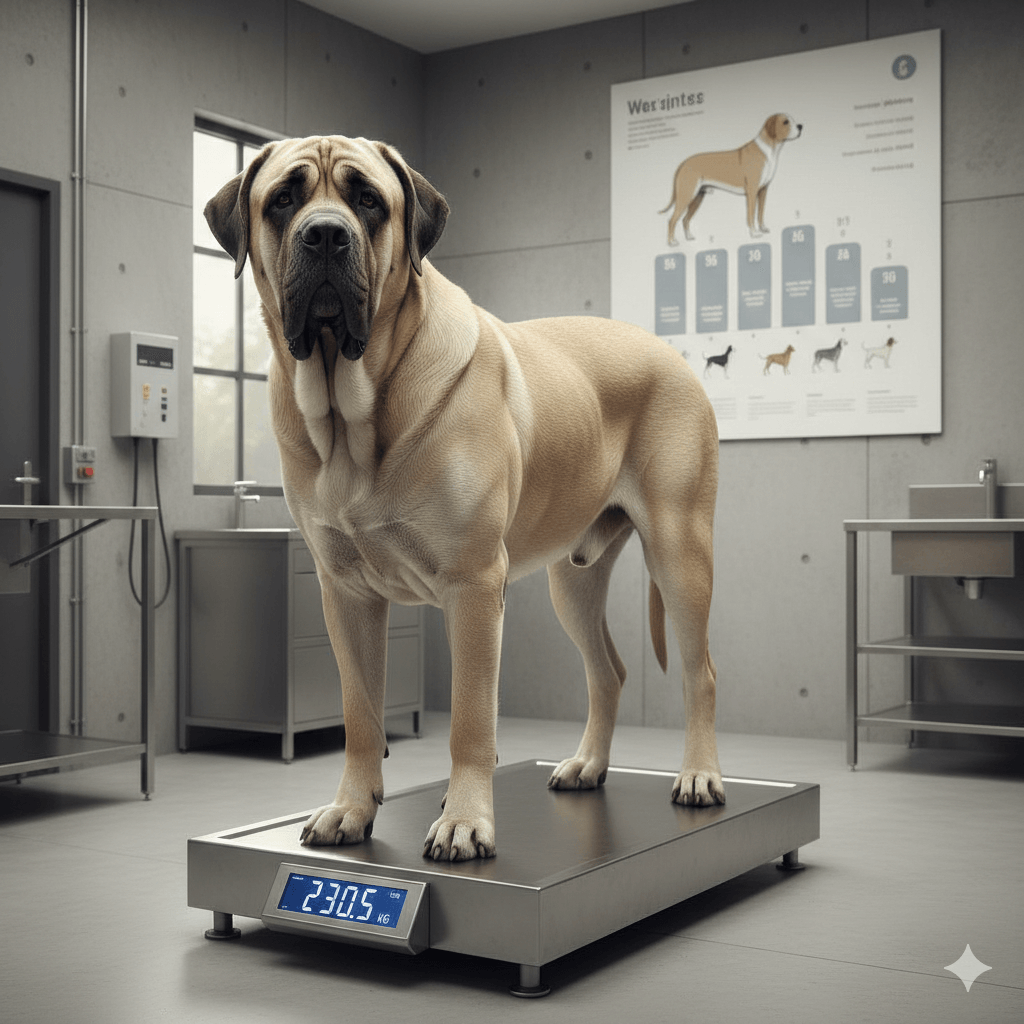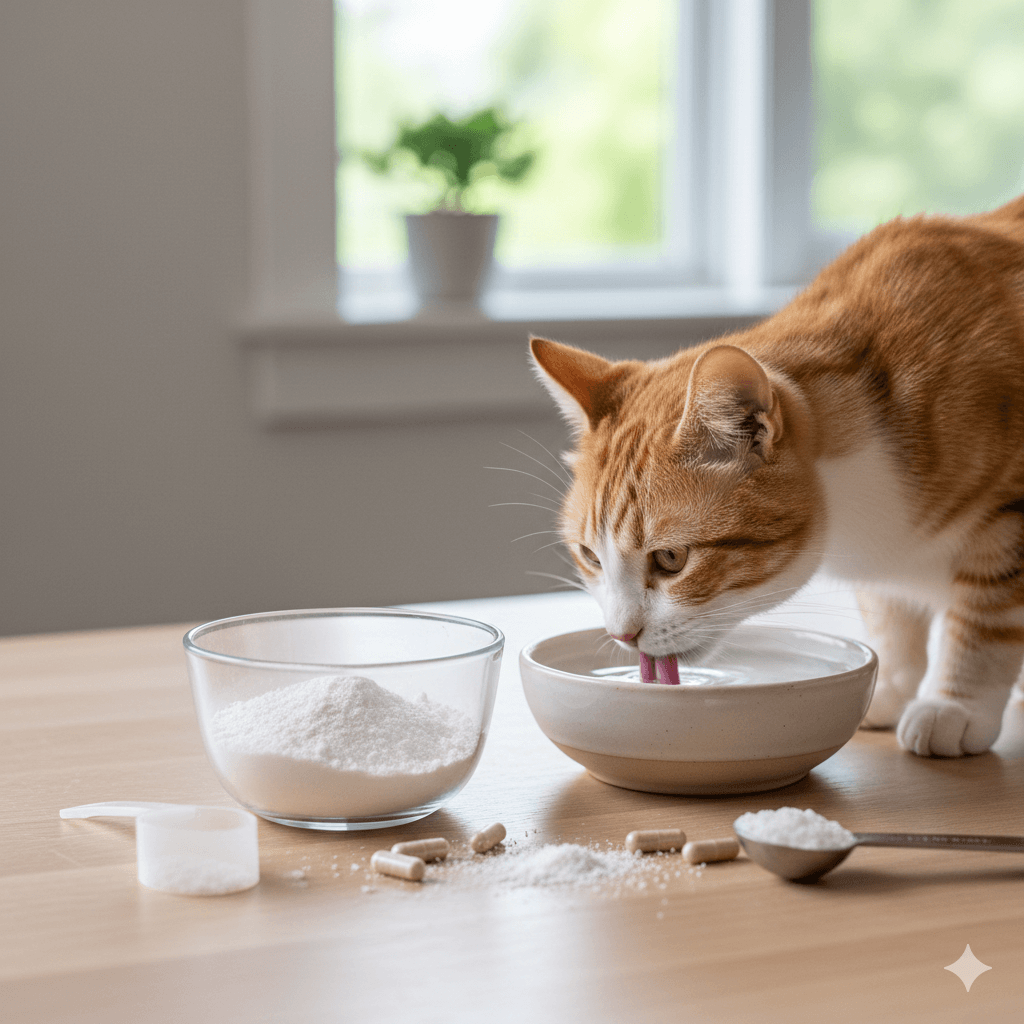Cat Vaccine Side Effects: What Every Cat Owner Should Know
Vaccinations are a crucial part of keeping your cat healthy and protected from serious diseases. However, like any medical intervention, vaccines can sometimes cause side effects. While most reactions are mild and temporary, it’s important for cat owners to understand what to expect and how to respond if their feline friend experiences an adverse reaction. This guide will explore the potential side effects of cat vaccines, signs to watch for, and steps you can take to ensure your pet’s well-being after vaccination. By staying informed, you can make confident decisions about your cat’s health while minimizing risks.
Expert Opinion on Cat Vaccine Reactions
“Although vaccine reactions are rare overall, kittens are at the highest risk because of their small size. Additionally, if multiple vaccines are given at once, the chance for a reaction increases in any cat.”
Common Side Effects of Cat Vaccines
Most cats experience only minor side effects after receiving vaccines, which typically resolve within a few days. These reactions are normal and indicate that the immune system is responding appropriately. Here’s what you might notice:
Soreness at the Injection Site:
Your cat may feel tenderness or swelling where the vaccine was administered. This is usually mild and goes away on its own.Lethargy or Fatigue:
Cats often seem more tired than usual after vaccination, as their bodies work to build immunity.Mild Fever:
A slight increase in body temperature is common and should subside within 24-48 hours.Loss of Appetite:
Some cats may eat less than usual for a day or two following vaccination.Sneezing (for Intranasal Vaccines):
If your cat received an intranasal vaccine, they might sneeze or have a runny nose temporarily.
These side effects are generally harmless and short-lived, but monitoring your cat closely ensures their comfort and recovery.
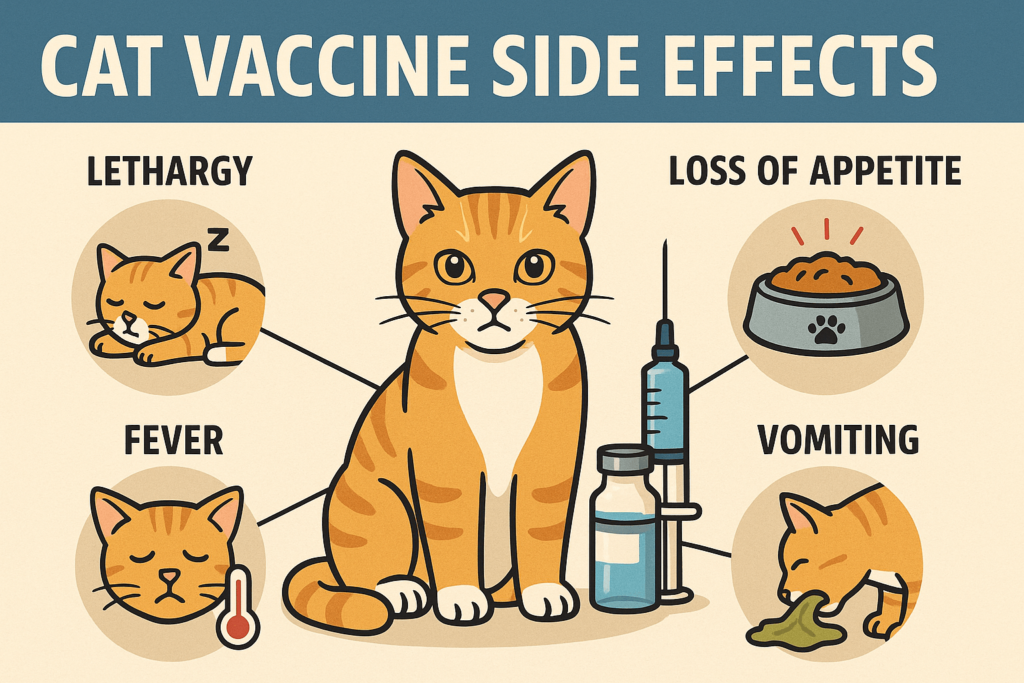
Signs of Severe Vaccine Reactions to Watch For
While rare, some cats may experience severe side effects after vaccination. Recognizing these symptoms early allows you to seek veterinary care promptly.
Swelling of the Face or Paws:
Sudden swelling could indicate an allergic reaction requiring immediate attention.Difficulty Breathing:
Labored breathing or wheezing is a serious sign that warrants urgent veterinary intervention.Vomiting or Diarrhea:
Gastrointestinal distress after vaccination may signal an adverse reaction.Collapse or Weakness:
If your cat becomes unresponsive or extremely weak, contact your vet immediately.Persistent Lumps or Sores:
Any lump that grows larger or doesn’t go away after a few weeks should be evaluated by a professional.
Prompt action in response to these symptoms can prevent complications and safeguard your cat’s health.
Check this guide 👉Can I Give My Cat Vaccines Myself? Best 7 Expert Tips!
Check this guide 👉How Much Are Cat Vaccines? Best 7 Health Tips!
Check this guide 👉Understanding the FVRCP Cat Vaccine: Best 7 Health Tips!
Mild Vaccine Side Effects | Severe Vaccine Reactions |
|---|---|
Soreness at injection site | Swelling of the face or paws |
Temporary lethargy | Difficulty breathing |
Mild fever | Vomiting or diarrhea |
Loss of appetite | Collapse or extreme weakness |
Sneezing (intranasal vaccines) | Persistent lumps or sores |
How to Minimize Vaccine Side Effects in Cats
Taking proactive steps before and after vaccination can help reduce the likelihood of side effects and ensure your cat’s comfort.
Schedule Vaccinations Wisely:
Avoid scheduling vaccinations during times of stress, such as moving or introducing a new pet.Monitor Your Cat After Vaccination:
Keep a close eye on your cat for at least 24-48 hours post-vaccination to catch any issues early.Provide a Calm Environment:
Create a quiet space for your cat to rest and recover without disturbances.Offer Hydration and Food Gradually:
Encourage small meals and fresh water if your cat seems reluctant to eat or drink.Discuss Pre-Medication Options with Your Vet:
In cases of known allergies, your vet may recommend pre-treatment to minimize reactions.
By following these tips, you can help your cat recover smoothly and minimize discomfort after vaccination.
When to Contact Your Veterinarian About Vaccine Reactions
While most vaccine side effects are mild, certain situations require immediate veterinary attention. Knowing when to reach out ensures your cat receives timely care.
If Symptoms Persist Beyond 48 Hours:
Lingering side effects could indicate an underlying issue needing further evaluation.For Severe Swelling or Redness:
Rapidly growing lumps or intense redness at the injection site should not be ignored.In Case of Behavioral Changes:
Significant changes in activity levels, aggression, or hiding may signal distress.If Your Cat Stops Eating Completely:
Refusal to eat for more than a day is a red flag that requires professional advice.For Any Signs of Allergic Reaction:
Symptoms like facial swelling or difficulty breathing demand emergency care.
Staying vigilant and seeking help when needed protects your cat’s long-term health.
Tips for Comforting Your Cat Post-Vaccination
Helping your cat feel comfortable after vaccination strengthens their recovery process. Here are practical ways to soothe and support them.
Create a Cozy Space:
Offer a soft bed or blanket where your cat can rest undisturbed.Limit Physical Activity:
Discourage jumping or rough play to allow their body time to heal.Use Calming Products:
Consider pheromone diffusers or sprays to reduce anxiety and promote relaxation.Offer Gentle Affection:
Pet your cat softly and speak in calming tones to reassure them.Keep Noise Levels Low:
Reduce household noise to create a peaceful atmosphere for recovery.
These comforting measures can ease your cat’s transition back to normalcy.
Understanding Vaccine Types and Their Risks
Different vaccines carry varying risks, depending on their formulation and purpose. Familiarizing yourself with these options helps you discuss them confidently with your vet.
Core Vaccines (e.g., Rabies, FVRCP):
Essential for all cats, core vaccines protect against life-threatening diseases but may still cause mild side effects.Non-Core Vaccines (e.g., Feline Leukemia):
Recommended for specific lifestyles or environments, non-core vaccines carry similar risks to core vaccines.Modified Live Vaccines:
These stimulate stronger immunity but may occasionally cause mild illness-like symptoms.Killed Vaccines:
Safer for immunocompromised cats but may require boosters more frequently.Intranasal vs. Injectable Vaccines:
Intranasal vaccines target respiratory diseases but may cause sneezing, while injectables focus on systemic protection.
Understanding these distinctions aids in making informed vaccination choices.
Preventative Measures Before Vaccination
Preparing your cat for vaccination reduces the likelihood of adverse reactions and promotes a smoother experience overall.
Update Your Vet on Medical History:
Inform your veterinarian of any past vaccine reactions or chronic conditions.Ensure Your Cat Is Healthy:
Vaccinations should only be administered to cats free of illness or infection.Avoid Stressful Situations:
Schedule vaccinations during calm periods to avoid compounding stress.Ask About Splitting Vaccines:
For cats prone to reactions, splitting vaccines into separate visits may lower risk.Bring Favorite Items:
Bring along familiar toys or blankets to comfort your cat during the visit.
Taking these precautions sets the stage for a successful and stress-free vaccination experience.
Frequently Asked Questions About Cat Vaccine Side Effects
Are vaccine side effects common in cats?
Most cats experience only mild side effects, which are temporary and resolve quickly.
Can I give my cat pain relief after vaccination?
Never administer medication without consulting your vet first, as human drugs can harm cats.
How long do vaccine side effects last?
Mild side effects typically disappear within 24-48 hours.
Is it safe to vaccinate older cats?
Yes, but senior cats may need tailored vaccination plans based on their health status.
What should I do if my cat has a lump after vaccination?
Monitor the lump—if it grows, becomes hard, or persists, consult your veterinarian.
Prioritizing Your Cat’s Health After Vaccination
Understanding cat vaccine side effects empowers you to make informed decisions about your pet’s care. While most reactions are minor and manageable, staying alert to potential warning signs ensures your cat remains healthy and happy. By working closely with your veterinarian and providing a supportive environment, you can minimize risks and maximize the benefits of vaccination. Remember, protecting your feline friend starts with knowledge—and ends with love.
Cat Wheat Allergies: Best 7 Expert Tips! – Discover symptoms, dietary solutions, and prevention strategies to manage your cat’s wheat allergy effectively.
Wheat Allergies in Dogs: Best 7 Expert Tips! – Learn to spot symptoms, manage diets, and improve your dog’s health with expert advice on wheat allergies.
How Much Does a Mastiff Dog Weigh? Best 7 Expert Tips! – Discover the ideal weight range, growth patterns, and health tips to keep your Mastiff happy and strong.
Amino Acids for Cats: Best 7 Expert Tips! – Discover the essential amino acids your cat needs, their benefits, and how to ensure a balanced diet for optimal health.

